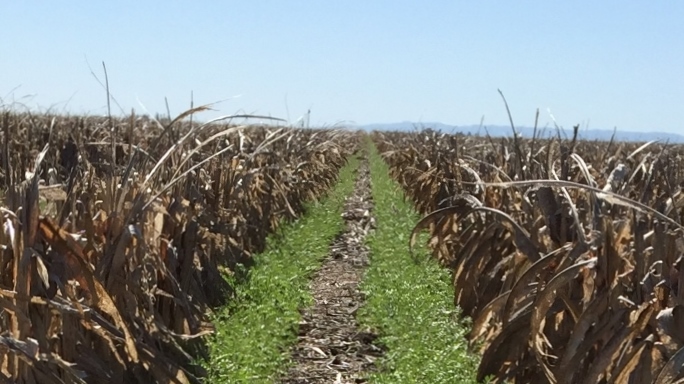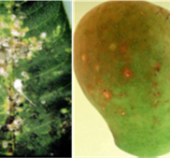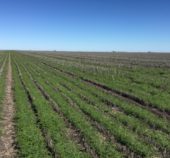What happens if we receive heavy soaking rain this autumn – early winter?
Do you plant a winter crop this season?
Apparently the world has plenty of wheat so the prices aren’t great. However cereal stubbles are invaluable in assisting with moisture absorption and retention in the soil profile.
Chickpeas performed exceptionally well last winter. The prices are holding up. However the chickpea industry has grave reservations about back to back plantings of chickpeas because of the potential for disease infection (Ascochyta, Phytophthera, Sclerotinia) and the build-up of resistance to the genetics and chemicals for disease control. If the soil moisture profile can be filled by rainfall or irrigation over the next 6 weeks, I am sure that chickpeas will be high on the cropping check list.
Another major consideration with planting winter crops this season will be root lesion nematodes. For our soils, the main species is Pratylenchus thornei. A cropping sequence of wheat followed by wheat, chickpeas, soybeans or mungbeans favours the proliferation of root lesion nematodes which can significantly reduce yields in subsequent plantings of wheat (70%), barley (20%) or chickpeas (20%).
Soybeans, mungbeans and chickpeas do not show obvious symptoms that they are supporting large numbers of root lesion nematodes.
Once a high population of root lesion nematodes is established, it might take several years of rotation with cotton, sorghum or corn to reduce the population to a level which won’t affect the yields of wheat, barley or chickpeas.
If you have planted wheat, chickpeas and mungbeans in succession in the past 2 years, I’d recommend that you have your soil tested for root lesion nematodes before planting wheat, barley or chickpeas this winter.
Written by
Graham Boulton
Black Earth Agronomy
0429 063907
The information provided above is based on experience and knowledge developed while operating as an Agronomist on the Darling Downs. The opinions contained within this post are entire that, and may not apply to a grower's specific circumstance. We recommend consulting your own agronomist to ensure best performance on your own farm.





